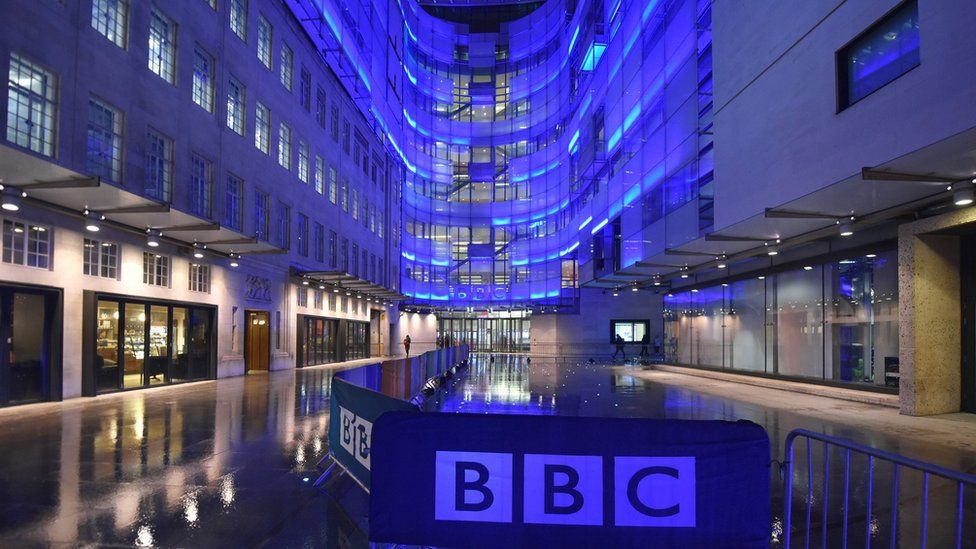Reality Check: Does the BBC get European Union funding?
- Published

We get lots of comments on the @BBCRealityCheck feed about the BBC being funded by the European Union, so here are the facts.
BBC public service news programmes are not allowed to take any external funding, including from the EU.
BBC World Service is funded by the licence fee and some UK government money. Money is also raised by advertising outside the UK and by commercial activities.
There are three areas that do not influence BBC editorial policy that benefit from EU money
BBC Media Action
BBC Media Action is independent from the BBC - it is an international development charity set up by the BBC. In 2017-18 it received about £3.1m from the EU, which was just under 9% of its funding.
Its two biggest individual donors were the UK's Foreign and Commonwealth Office and Department for International Development.
Research and Development
The BBC applies for grants to help fund its research into broadcasting technology that has contributed to developments such as Freeview and DAB digital radio.
In 2017-18 it received a grant from the EU of €1,282,331 (£1,145,572).
Independent Production Companies
Some production companies (not in-house ones) apply for grants that may be part-funded by the EU, which provide incentives to make programmes in particular regions of the UK.
This is particularly the case for drama productions - news, current affairs and factual programmes do not use such incentives.
In 2014-15 (the most recent figures provided by the BBC) less than 2% of independently-produced programmes on the BBC used such incentives, which accounted for an average of 6% of their programme budgets.
This piece was originally published on 11 March 2016 and has been updated to include the latest figures.
- Published22 February 2016